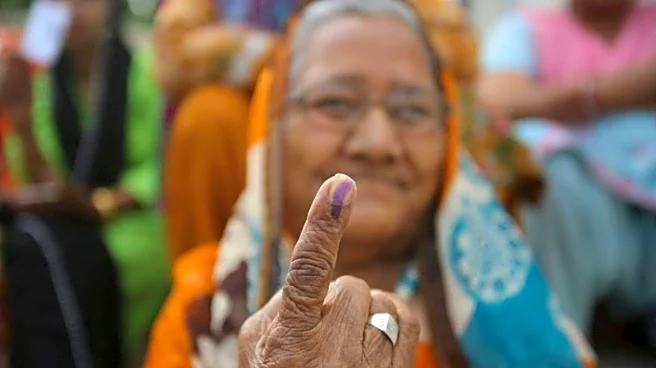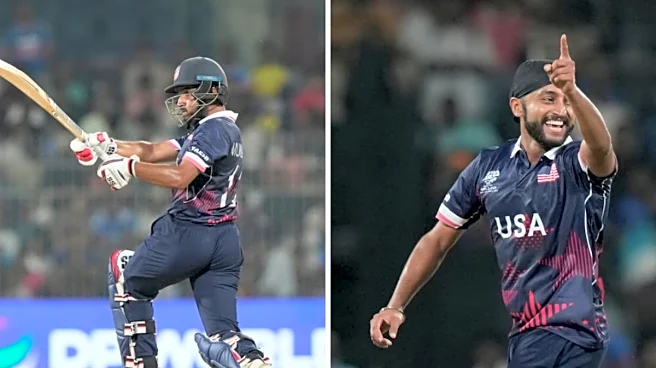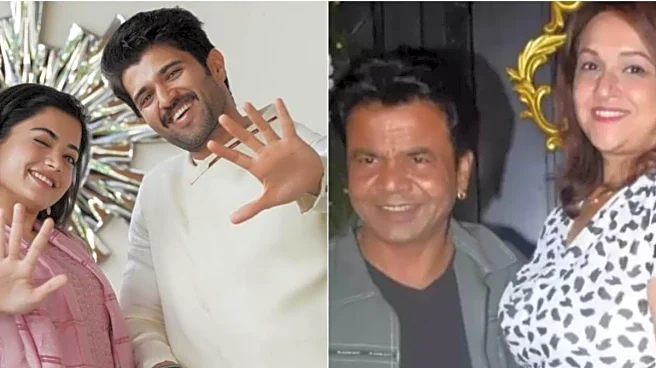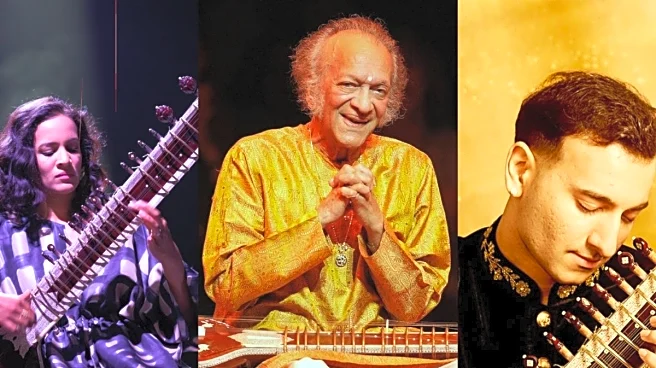Under the fading October sun, the courtyard of a small village in Bihar’s Bakhtiyarpur turns into almost a microcosm of the state’s political undercurrent. A circle of women hums a self-composed chaupa.
It is a half song, half statement: “Hamaar ghar, hamaar izzat, hamar faisla…” The rhythm is gentle, but the words carry substantial weight.
These are the women Bihar Chief Minister Nitish Kumar hopes will once again stand by him. They are the beneficiaries of his cash-transfer schemes, including Mukhyamantri Mahila Rojgar Yojana, under which he has just transferred Rs 10,000 to the women as first instalment. These women are his “silent constituency” that has often decided the state’s political fate.
Small Gains, Big Questions
In the narrow lanes behind the village chowk (corner), conversations spilled over about the Rs 10,000 women received under the Mukhyamantri Mahila Rozgar Yojana. Some used it to buy a cow or a goat. A few pooled in money to purchase sewing machines, hoping to stitch a future for their families out of thread and willpower. Others filled their kirana shelves with all essentials.
“I bought a goat, at least it gives milk and maybe a kid to sell later,” said Rekha Devi, 32, as she stood by her mud-walled home. “But Rs 10,000 does not go far. It is not a huge amount of money. The prices of everything are high,” she added.
For Anita Singh, 28, the money meant reviving her small tailoring business. “We are grateful, but this is not empowerment,” she said, her hands moving deftly over fabric. “Empowerment is when we earn regularly, when we feel safe walking home after dark. And, we do not fear for our lives and our kids while manoeuvring through open drains across our villages,” added Anita.
The sentiment of women voters echoes across conversations which seem to carry gratitude mixed with restlessness. While the direct benefit transfers have touched almost every household, their impact seems limited to short-term relief unless there is a follow-through with repeat transfers and training.
Soni Paswan, a 40-year-old sitting next to Anita, said she had bought a cow. “It was much needed for the family. If we manage to get the next instalments of such a cash transfer, we will probably add a few more cows and start a dairy unit,” she added.
The Political Math of Women’s Mood
However, on the surface level, the cash transfer scheme works out to be a game-changer, both politically and strategically for Kumar and the NDA. Acknowledging the scheme and its reach, Prime Minister Narendra Modi, while addressing BJP workers through video conferencing on Wednesday, said: “I was very pleased to learn that the sisters are very happy with the women’s employment scheme recently launched by the NDA government in Bihar. Rs 10,000 have been transferred to the accounts of 1,20,00,000 sisters in Bihar, with each sister receiving that amount.”
“This time, a double Diwali is coming to Bihar. One was celebrated by people on the first day of Navratri due to GST. Now, Diwali is on October 20, which we are going to celebrate. But this time, Bihar’s mood calls for celebrating another Diwali on November 14 for the NDA’s victory. In this, as always, Bihar’s sisters and daughters will play a very big role,” the prime minister added.
Women voters have long been Nitish Kumar’s political anchor. From Jeevika to cycle yojanas, he built his reputation on welfare that touched lives directly. But on the ground, the equation is no longer straightforward and has now turned complex. Many acknowledge the assistance, while a few equate it with progress.
That distinction might define the upcoming Bihar election.
At a local gathering, Shanti Devi, a 48-year-old, voiced what others nodded to. “We are not saying Nitishji did nothing. But we expected more than just money,” she said.
Across Bihar, significantly enough, women have become not just beneficiaries but evaluators, scrutinising promises, some appreciating while some asking uncomfortable questions. Their yardstick for development now extends beyond DBTs to dignity.
The BJP’s first list, meanwhile, signals how seriously parties are reading gender arithmetic as well. The list includes around eight women candidates and over 50 per cent representation from Dalit, backward, and deprived sections. Every party is aware that women, especially rural ones, now constitute the most decisive swing bloc. But unlike in 2020, the political loyalty of this bloc appears fragmented.
For Nitish Kumar, the optics of women’s welfare remain central to his campaign narrative. Yet, the women who once stood as his most steadfast constituency now talk about something deeper. The women who once turned the tide for Nitish Kumar might still sing his praises in public meetings, but their private verdict carries nuance. They have tasted agency, and that has changed the grammar of loyalty.




/images/ppid_59c68470-image-177102753183257032.webp)


/images/ppid_a911dc6a-image-17710264327998831.webp)

/images/ppid_a911dc6a-image-177102646607765106.webp)




